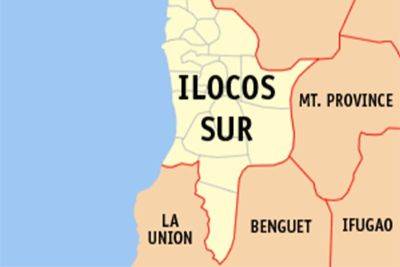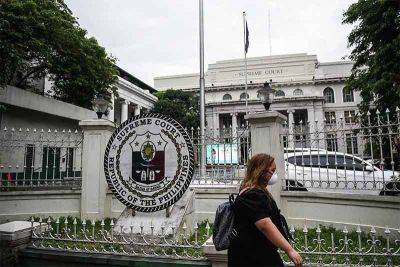Citizens are at the center of the energy issue
Conversations about energy have the tendency to sound technical and businesslike. For the Philippines, this touches on twin concerns of protection of the environment on the one hand, and the pursuit of economic growth on the other. Ultimately, energy is an issue that centers on people, and we as advocates of citizen empowerment try not to lose sight of this end.
Most of the world is in consensus with regard to reducing greenhouse gas emissions and mitigating the danger of climate change. A big part of this is the global push to reduce dependence on traditional and cost-effective dirty sources of fuel, like coal, and to shift to clean sources, specifically renewable energy like hydro, wind, and solar.
Renewable energy, however, is a relatively new technology, thus expensive, inconsistent, and uneven across societies. Achieving an efficient way to produce renewable energy remains a challenge especially for economies like the Philippines. The potential is always there, but realizing that potential to its fullest is another matter altogether. It will take many more years before the fruits of such a transition become apparent.
For example, the Marcos administration is looking at a share of 35% for RE in the country’s power mix by the year 2030. RE’s share is supposed to increase to 50% by 2040, showing that the transition is a slow and painstaking process, and that we can never really completely disengage ourselves from dirty fuel at least in the foreseeable future.
Still, we try. All these efforts to lower our carbon emissions and gradually increase our use of renewable energy hinge on the fact that extreme weather conditions affect vulnerable populations. Those who live in low-lying areas, especially in communities that are hardly able to prepare for the disaster or have little capability to recover fast from them, have much to lose. Lives and livelihoods are at stake.
In the meantime, the energy requirements of the economy remain and are more urgent than ever. Certainly, we cannot afford to slow down while making the transition from coal to renewable energy. We have just started performing well in recent years, picking up from the effects of the pandemic. We







